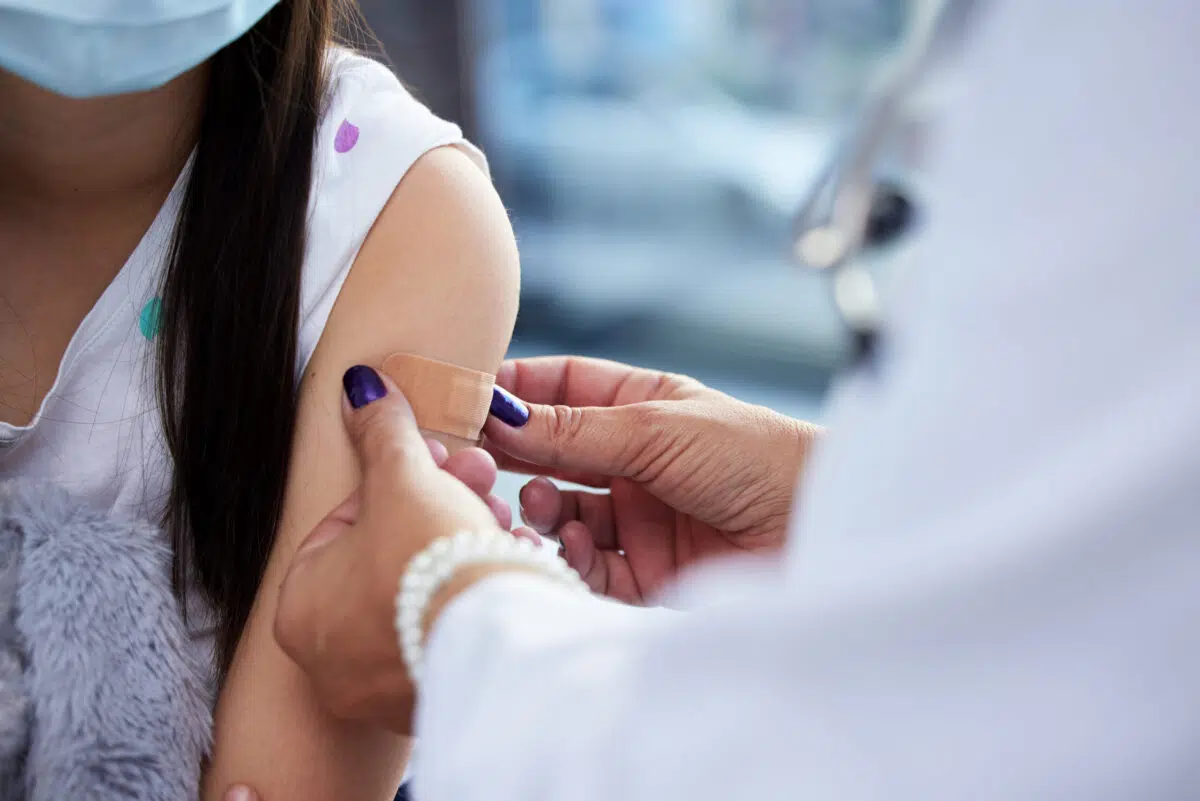Last week, the FDA authorized the emergency use of the Pfizer-BioNTech COVID-19 Vaccine for children ages 5-11. On Nov. 2, the CDC formally recommendedthe vaccine for everyone ages 5 and older, along with guidelines for its use. The American Academy of Pediatrics also supports this recommendation.
“I think with children back at school, this is a really great development,” says Dr. Jeanne James, a pediatrician and chief medical officer for BlueCare Tennessee. “This vaccine will give parents more confidence about kids returning to normal routines, like extracurricular activities and interacting or playing with other kids. And these opportunities are so important for their development.”
The Pfizer-BioNTech COVID-19 vaccine is currently the only vaccine authorized for children ages 5-11 and teens ages 12-17. Here’s the vaccine and dosage information:
- Adolescents ages 12 and older receive the same dosage as adults.
- Children ages 5-11 receive one-third of the adult/adolescent dose.
- Smaller needles are used for children ages 5-11.
- Dosage does not vary by patient weight but by age on the day of vaccination.
- Children will need a second shot three weeks after their first.
Why is it recommended for children?
While COVID-19 tends to be milder in children than adults, the Delta variant has shown to be more contagious and can make children very sick and even lead to hospitalization.
Thousands of children in the 5-11 age group have already been hospitalized from COVID-19, and the infection can also result in both short and long-term complications. Like adults, children with certain medical conditions are more at risk for severe illness.
Is it safe for children, too?
The CDC monitors the safety of all COVID-19 vaccines after they’re authorized or approved for use, including any risk of myocarditis in children ages 5-11.
“Not only have they been well-tested and shown to be safe and effective for children 5-11, they’ll continue to be monitored very closely,” Dr. James explains. “As a pediatrician, I think it’s important for parents to talk to their child’s doctor if they have questions about vaccination.”
How should you prepare children to get it?
For the most part, Dr. James says parents can prepare kids for COVID-19 vaccination like they would for any other vaccine and adds it’s an important time for families to get a flu vaccine.
The CDC recommends parents and caregivers do the following:
- Talk to your child before vaccination about what to expect.
- Avoid giving pain relievers before vaccination to try to prevent side effects
- Tell the doctor or nurse giving the vaccination about any allergies your child may have.
- Help prevent fainting and injuries related to fainting, by having your child seated or lying down during vaccination.
Like adults, children are also asked to stay for 15-30 minutes to monitor for rare allergic reactions that might need immediate treatment.
Need more advice?
Speak to a provider who knows you or your child’s medical history if you have questions or concerns about vaccines based on you or your child’s health status. Your friends and family may have good intentions, but they may not know your body like you and your doctor, so it’s important to speak to a provider who knows you well.
If you do decide to go online to learn more about vaccines, do seek reputable sources like the CDC, FDA or World Health Organization (WHO). BlueCross BlueShield of Tennessee members can also visit BCBSTupdates.com to get the latest on our support for COVID-19.






Comments